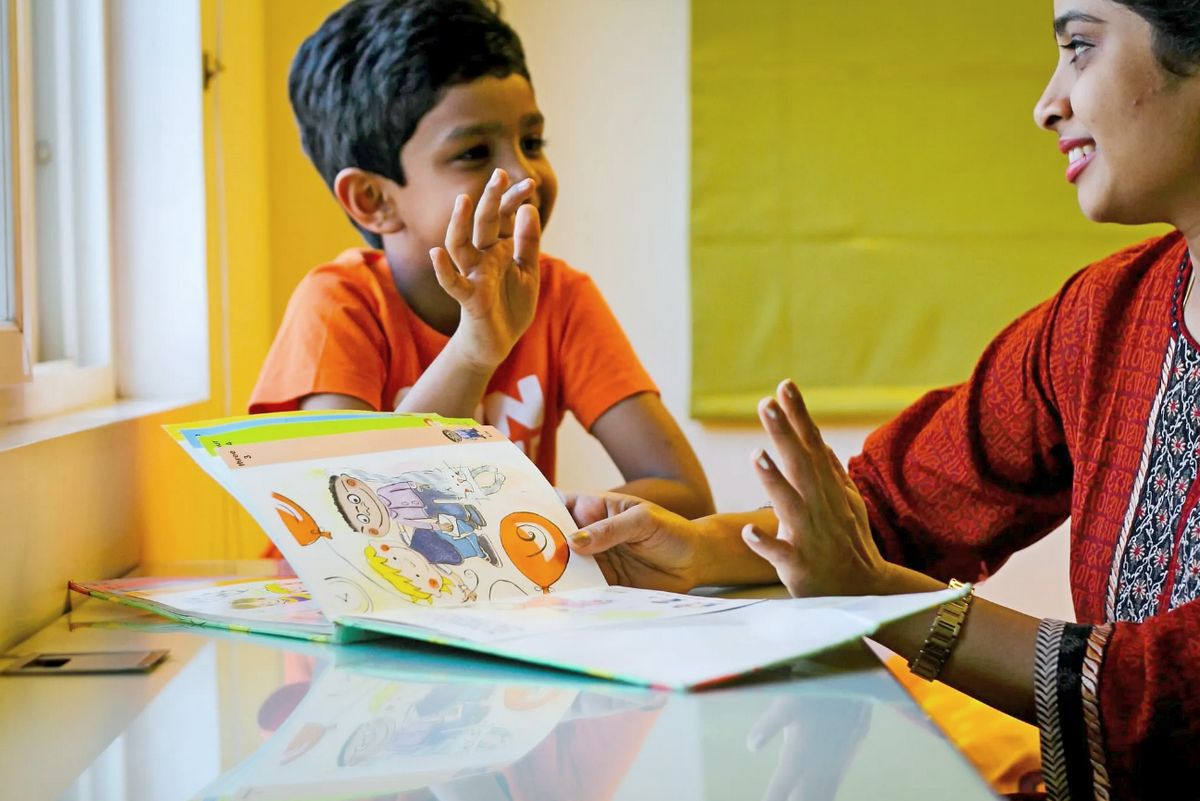Achieving growth and development is one of the primary components of children’s rights. Childhood, especially the first three years of life, is a very important and irreversible period in the process of child growth and development, and providing optimal nutrition is not enough for the complete growth and development of children. Optimal nutrition gives them the opportunity to grow so that 60% of the food used in the first year of life is consumed by the brain. This amount decreases to 30% at the age of three, but achieving full growth and development in children requires The right environment to use top schools in Ajman such as City School and love along with mental security, the attention and care of a caring family, a clean and safe home and environment, encouragement and the possibility of playing and learning, staying safe from illness and accidents and benefiting from care Medicine are in the case of illness. Their importance, especially in the early years of life, is undeniable. Proper upbringing of children in the first three years of life has a fundamental effect on their behavior, intelligence, abilities, and adaptation during their future life. A well-nourished child is energetic, curious about his surroundings, and learns and enjoys playing.
Physical Development
The physical development of children in the early years of life is very important. The important thing is that all body parts do not grow at the same rate, but the growth rate is different in different body parts. From six months onwards, children’s growth with proper nutrition and health conditions increases.
Mental Development
The first two years of a child’s life are called the sensorimotor period, in which most of the child’s mental activities are limited to sense and movement. This stage ends after the age of two when the child begins to speak because the child begins to symbolize.
Speech Development
In the first year of life, children can only produce sounds spontaneously, then by imitation and voluntarily. From about 1.5 years old, children gradually become more familiar with the language and understand conversations. but they are not able to speak.
Last Word
Today, many schools care about the growth and development of children. For example, CBSE schools like City School train your children in a specialized way so that each stage of development occurs without defects.

I am a career coach with more than 5 years of experience, helping job seekers navigate their job search through individual coaching, webinars and events.
